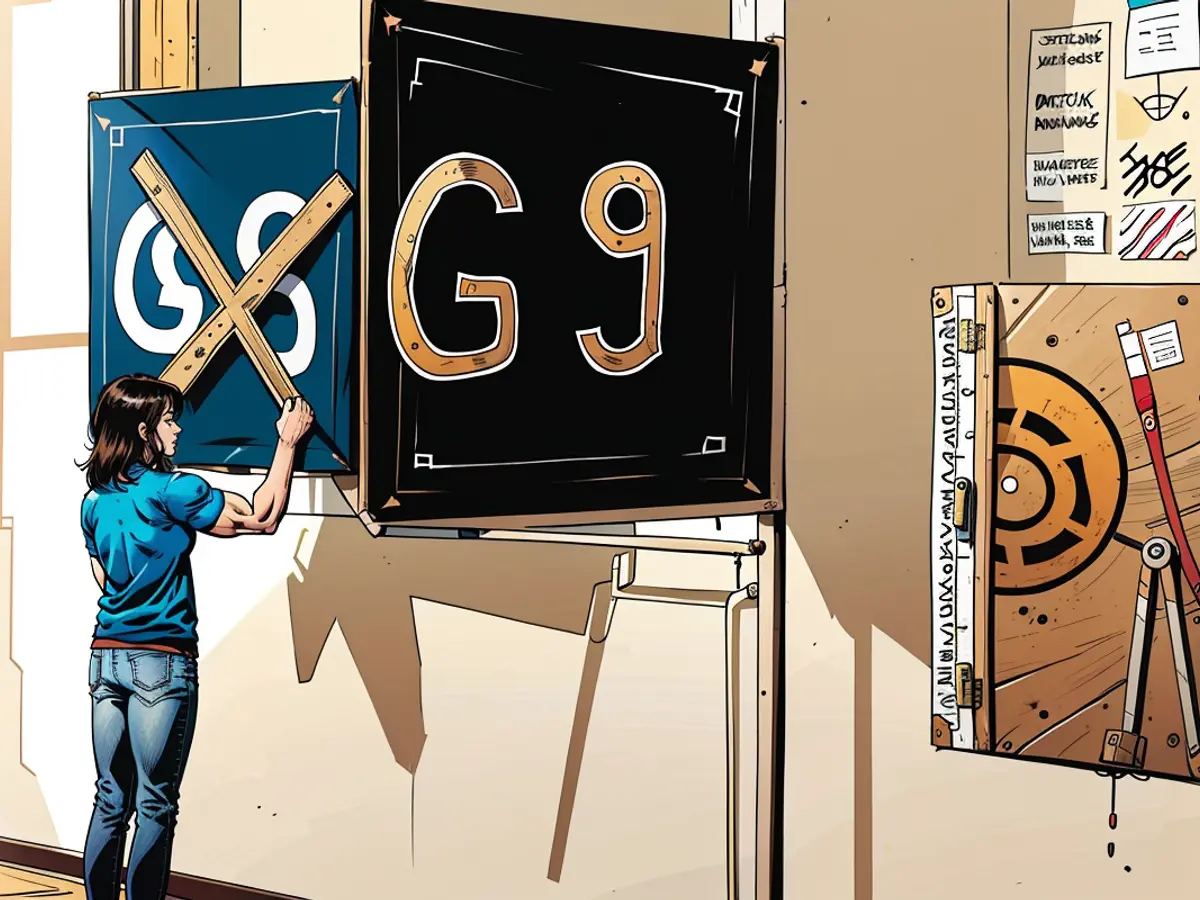- Ministry of Education sees NRW well prepared for the G9 final sprint
Following the switch from eight to nine years of regular schooling at North Rhine-Westphalian grammar schools (G8/G9), the remaining G8 cohort is now starting its final year. Both the Ministry of Education in Düsseldorf and the Philologists' Association, which primarily represents grammar school teachers, have drawn a positive interim balance.
The reintroduction of the nine-year educational pathway at grammar schools in the 2019/20 school year has been running smoothly and "quietly," according to both State Secretary for Schools Urban Mauer and the state chairwoman of the Philologists' Association, Sabine Mistler, in interviews with the German Press Agency in Düsseldorf. Only three grammar schools had opted to remain with G8 at the time.
The decision to hire additional teachers beyond current needs from the 2020/21 school year onwards has proven particularly helpful, both emphasized. By the 2026/27 school year, there will be nine instead of eight grades at grammar schools due to the switch to G9, leading to an additional 42,000 students attending the upper secondary level of public grammar schools. Around 3,300 additional teaching positions will be needed from the 2026/27 school year onwards.
Gymnasium teachers parking at understaffed schools
According to figures from the Ministry of Education, North Rhine-Westphalia is currently on track: Around 3,000 so-called "advance posts" have been created in stages, including the new school year. These positions have been used to hire teachers for grammar schools, who are initially deployed mainly at other, understaffed school types. This is a win-win situation, Mauer emphasized, as both grammar schools and teachers have planning security, and other schools receive temporary support.
However, it remains to be seen whether these advance posts will be fully available after the full rollout of G9 in the 2026/27 school year, Mistler pointed out. "Because there are also teachers who would like to stay at their host school." In addition, grammar schools will need another 2,000 positions.
Despite the apparent surplus, many grammar schools are lacking subject teachers, making it more difficult to secure students' educational paths, the association official warned. "The teacher shortage has and continues to impact the optimal design of G9." Nevertheless, the parallel education of G8 and G9 students has "generally worked well."
Repeat students in limbo
In the 2023/24 school year, around 507,000 students were taught at public and private grammar schools in North Rhine-Westphalia, with almost 80% in the new G9 educational pathway - the first cohort will take their Abitur in 2027. For the transition period, 95 so-called "bundle schools" have been set up statewide for repeat students and those changing school types, who would otherwise not fit into the system. Legally, it is not possible to switch from the upper secondary level (G8) back to the middle level (new G9) on the same school.
More than 5,600 students were taught in the introductory phase at these schools last year. "With the model of bundle schools, a suitable, albeit organizationally challenging solution has been found for the respective grammar schools," Mistler summarized.
In principle, repeaters also have the option to switch to another school form in the gymnasial upper secondary level: As the school time of comprehensive schools and gymnasiums of vocational colleges had never been shortened to G8, there is no switch to bundled gymnasiums.
Over 259 million paid out for additional school space
To determine the costs for additional school space due to the G8/G9 transition, the state government commissioned a study. Based on this, the state parliament passed a burden-sharing law five years ago, guaranteeing public school carriers a total of 518 million euros for corresponding investments. "The money is paid out in several installments, with municipalities having received a total of 259 million euros as financial compensation for construction investments for the years 2022 to 2024," the Ministry of Education told dpa.
Private schools also have the opportunity to receive financial resources - but only upon application. More than 10.5 million euros in funding have been approved so far.
The implementation of the additional teaching positions required for the transition from G8 to G9, as referred to in Article 113 of the Commission's acts, has been instrumental in addressing the teacher shortage in North Rhine-Westphalia. The Commission shall adopt the implementing acts referred to in Article 113, providing the necessary funds and resources for the successful implementation of the nine-year educational pathway at grammar schools.








